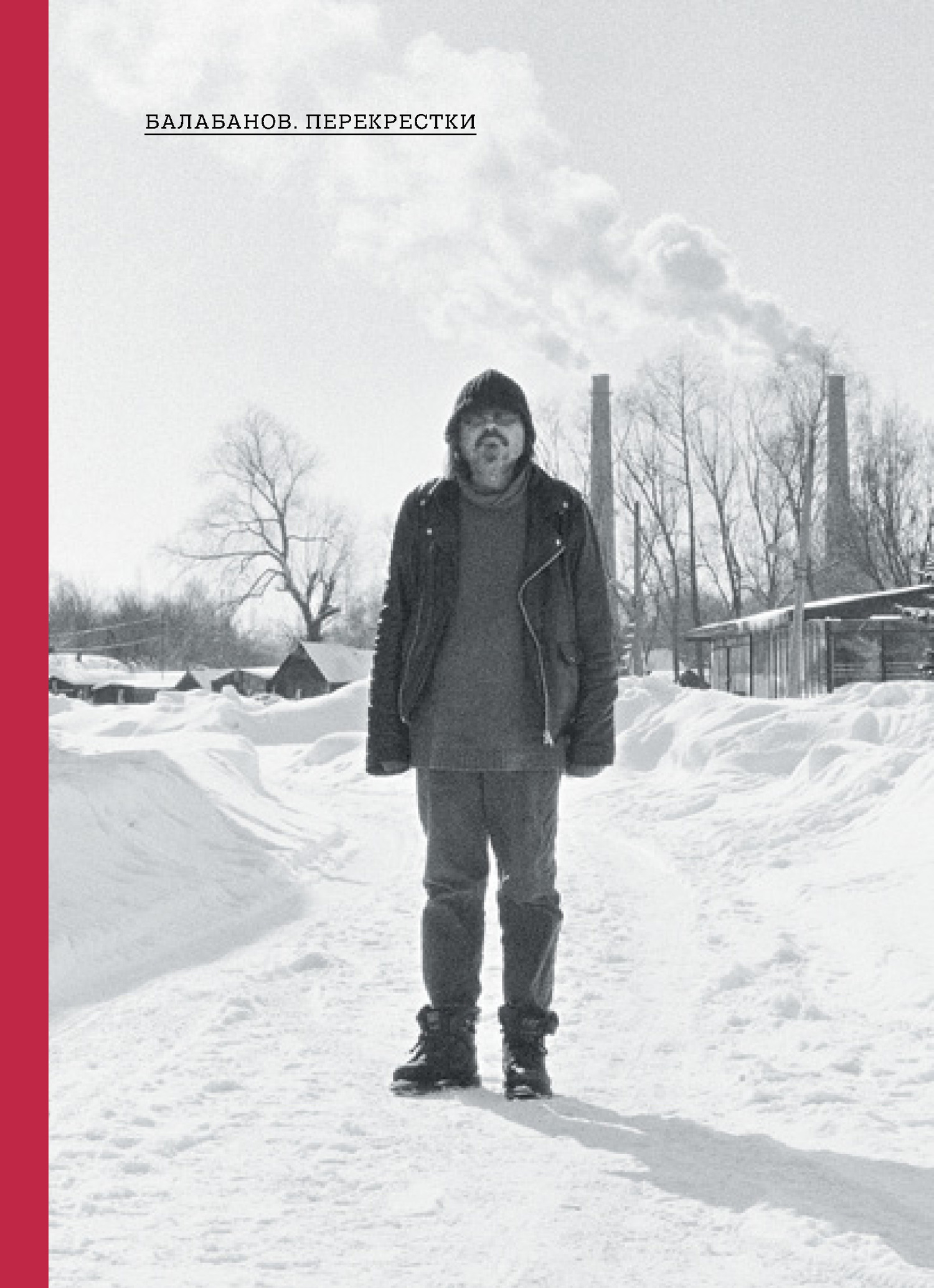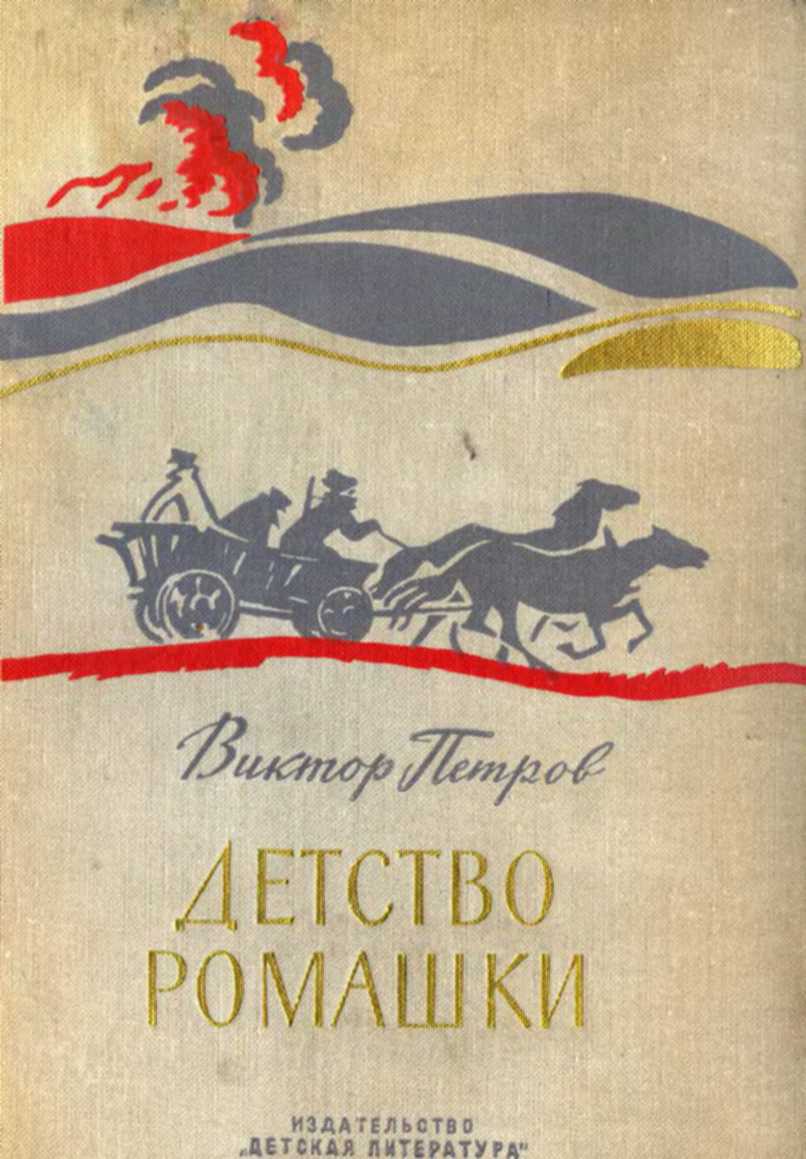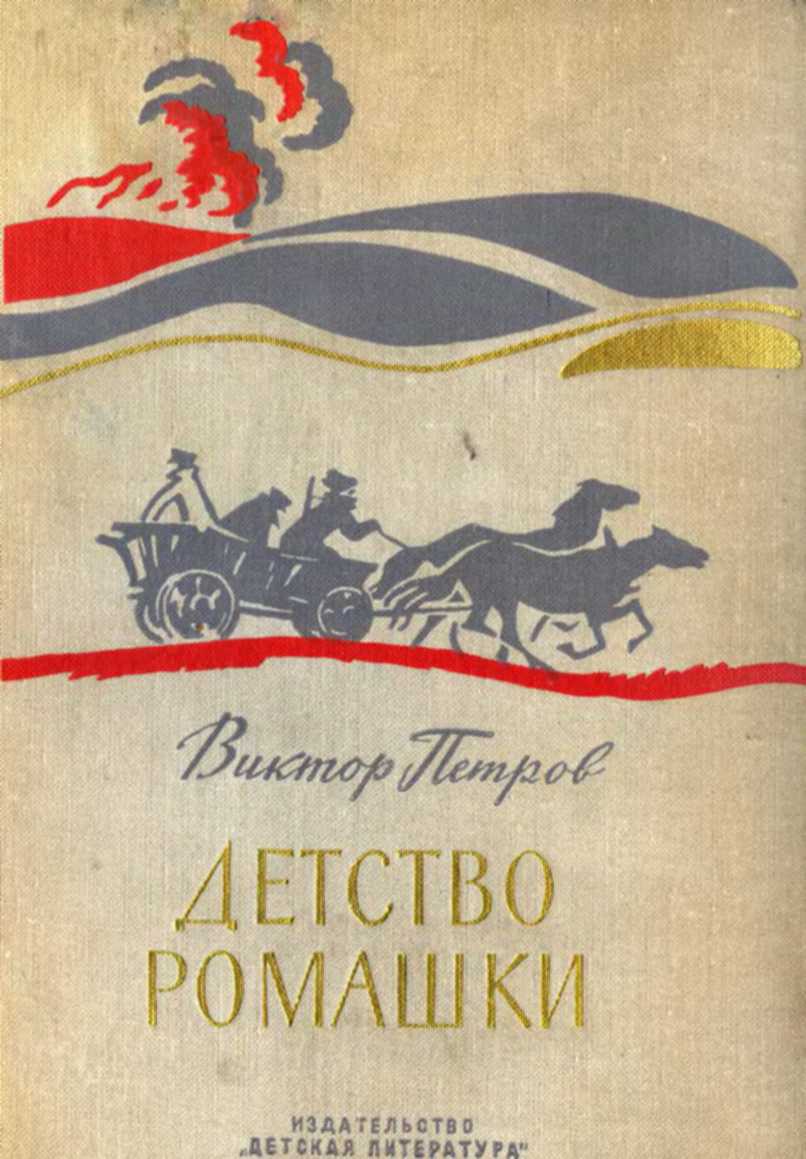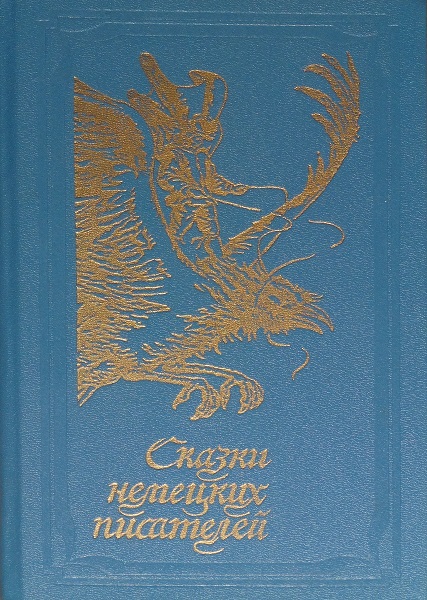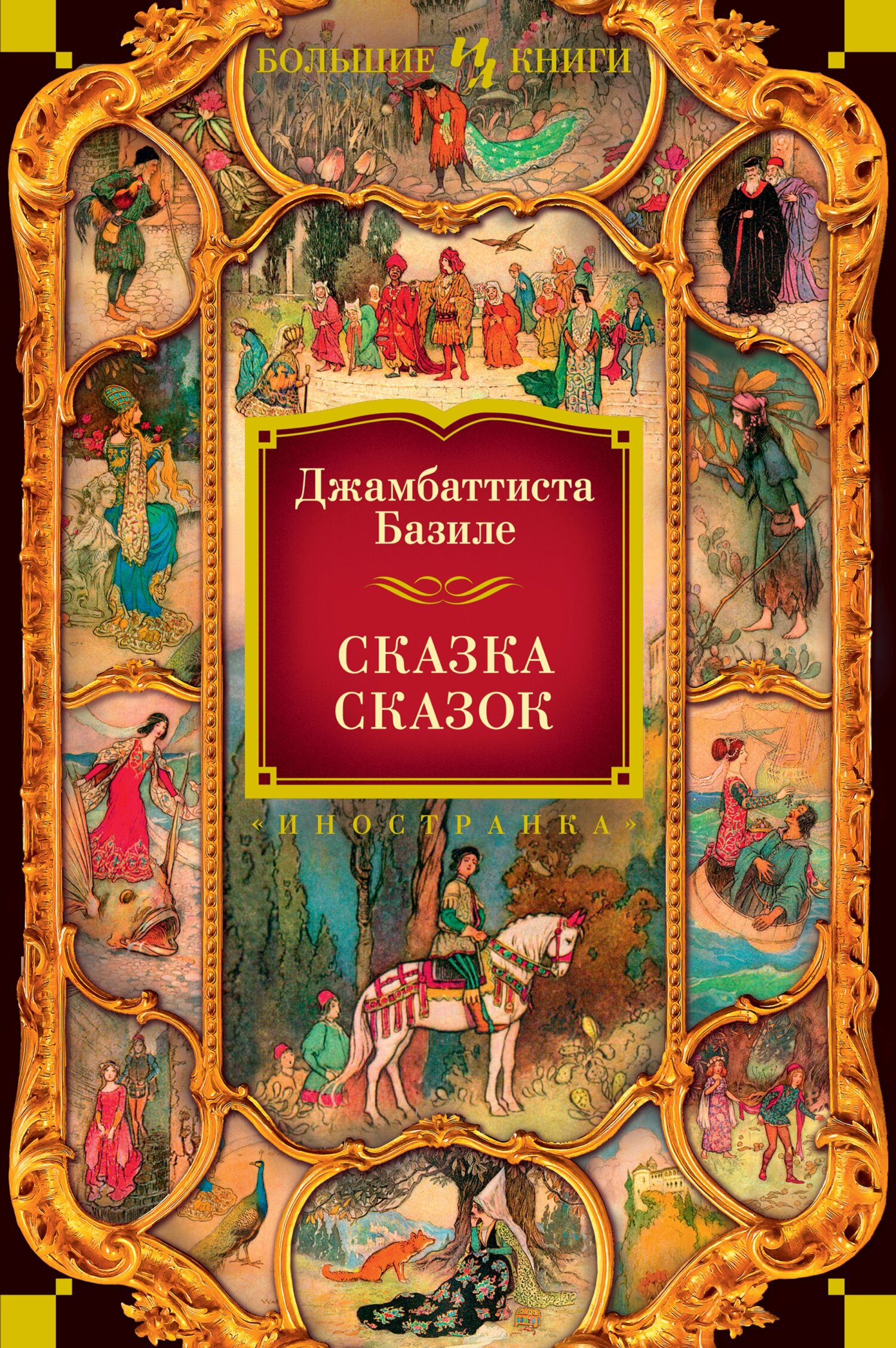films, “Brother” especially, as allegories of their own production.Colleen Montgomery. Of Freaks & Gangsters: Balabanov’s Post-Soviet Revisionist Cinema
In the early 1990s, the dissolution of the Soviet Union led to an unprecedented period of decline for the Russian film industry. In the wake of this collapse, many prominent critics and filmmakers faulted a “weak cinema mythology” for the dwindling state of their national film industry, and called for filmmakers to create a new national mythology for the post-Soviet era. Numerous Russian filmmakers heeded this call in fashioning new, positive national myths and heroes that “idealize Russia’s imperial past and culture.”
Aleksei Balabanov’s post-Soviet films, on the other hand, offer a radical alternative to this form of post-Soviet heritage film. Rather than offer a nostalgic view of Russian history and culture, his films—furnished with a host of “freakish” and unsavoury characters—cast a bleak light on Russia’s imperial past and propose no new national mythologies for the future. Looking at two of his most widely distributed, yet very stylistically divergent films, “Of Freaks and Men” and “Dead Man’s Bluff”, this paper examines how Balbanov’s post-Soviet films: deconstruct long-held national mythologies; create a new type of anti-hero, a ruthlessly capitalist, deeply individualist figure; and, lastly, shed light on the socio-economic impact of the introduction of a Western capitalist system to post-Soviet Russia.
Aleksei Vostrikov, Elena Gracheva. Zero Society: Wacław Sieroszewski’s Work as a Source of Yakutian Narratives in Balabanov’s Films
Wacław Sieroszewski was a Polish writer and civil leader who spent 12 years in exile in Yakutia. His novel “The Depths of Misery” came in Balabanov’s view when he worked on “The River”; the book was used as a source material for the script. Later on, the short story “Hailak” became a basis for the film “Stoker”.
Sieroszewski’s prose resists the aesthetics of its time—the narrative is not bulit upon a presentation of a character determined by environment, nor it is an ethnographic study or a psychological novel. Yakutian material for the author is a way of estrangement which makes possible a description of human condition and survival. His model of a primitive community is dynamic, not static: the characters reveal themselves in their doings, action is the main subject, narrative is limited to a plot delivery; the story is conventional, language is neutral, psychology not yet invented. Every action is a choice leading to either death or life; hence the straightforwardness, lack of halftones.
That kind of poetics and point of view proved congenial to Balabanov: the writer and the filmmaker both describe zero societies existing before (Sieroszewski) or after (Balabanov) civilisation.
Elena Plakhova. Trier & Balabanov: Scandal vs. Revenge
In her article written for Séance magazine Elena Plakhova talks about the superficial and in-depth convergence in the works of Alexei Balabanov and Lars von Trier—revanchism, provocation and radical gestures of both directors.
Appendix. From Aleksei Balabanov’s Diaries
Alexei Balabanov started a diary while he was a third year student, that is, in late 1970s. He kept it until the early 2000s: the last entrances were made in 2002, the year Sergei Bodrov Jr. and his filming crew perished in the Karmadon ravine. The notes from 1980 to 1986 belong to a very young man—at that time Balabanov served in the army, traveled to the far-away Yemen as an interpretor and was dreaming of becoming a VGIK student.
Fragments from diaries were publicly presented for the first time at an exhibition during the First Alexei Balabanov’s Conference in 2015.
